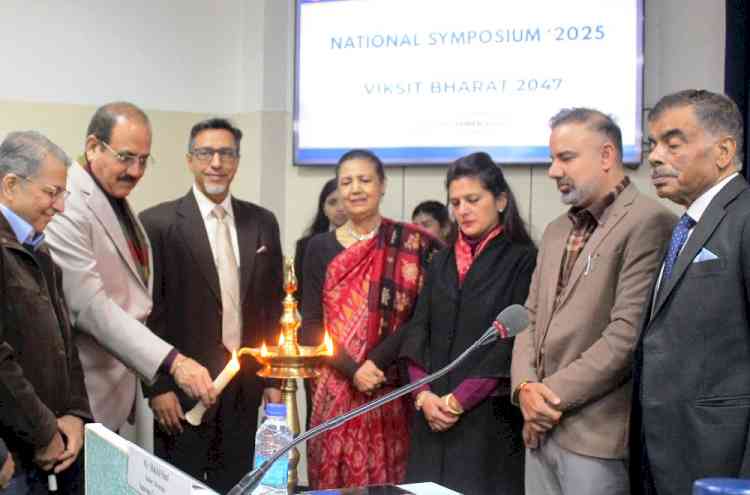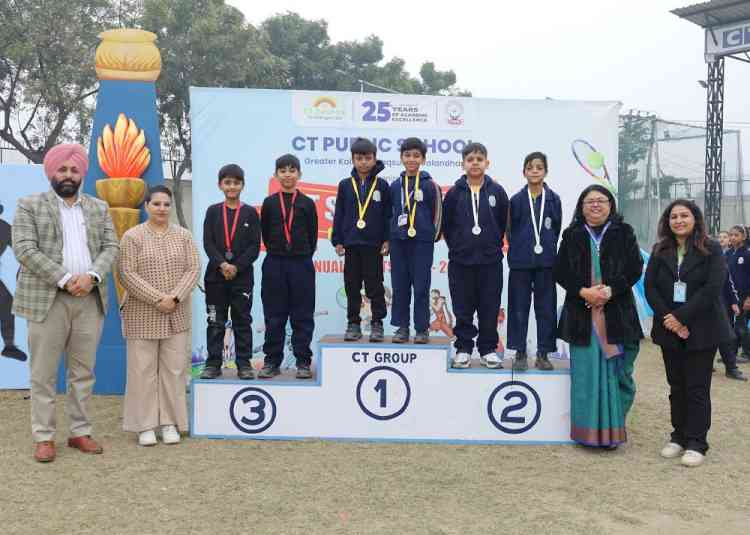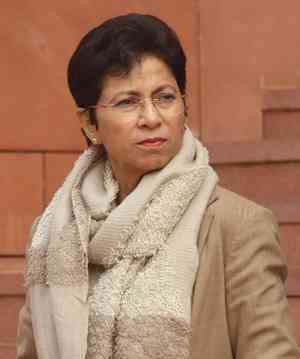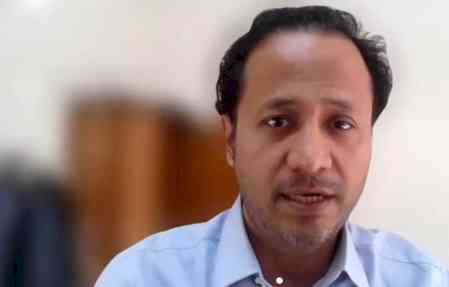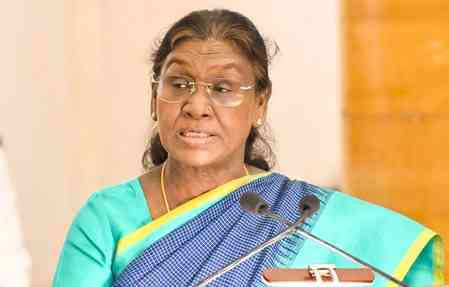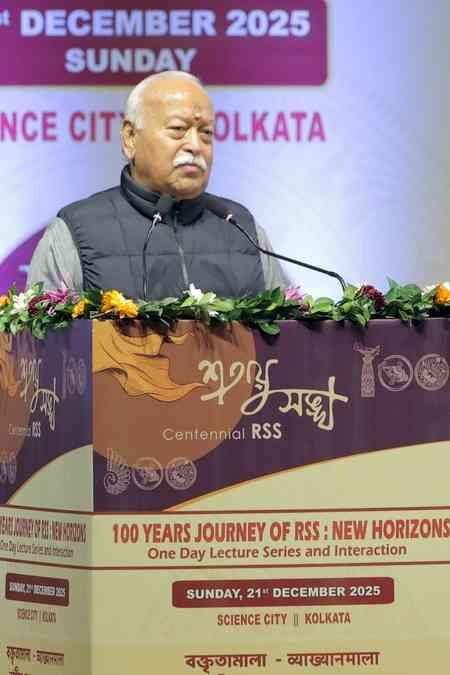PU Professor secures 3rd position in Forensic Anthropology Research Worldwide
Panjab University Professor Dr. Kewal Krishan has brought laurels to the University
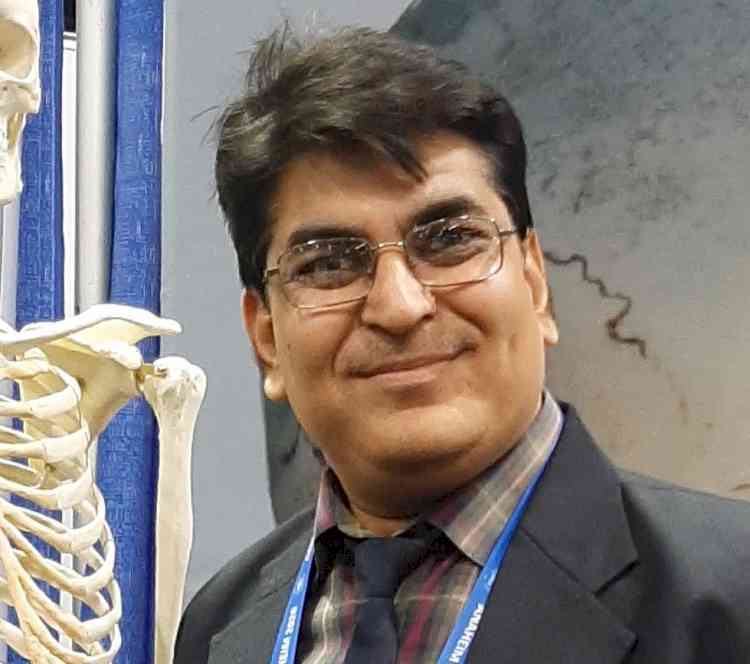
Chandigarh, January 24, 2022: Panjab University(PU), Chandigarh Professor Dr. Kewal Krishan has brought laurels to the University, as he secured 3rd place worldwide amongst the most prolific and productive top 20 authors in forensic anthropology research. This was revealed in a bibliometric analysis published in a UK based Elsevier Journal “Journal of Forensic and Legal Medicine”. PU has secured 4th position in forensic anthropology research amongst the world universities and institutes.
The bibliometric analysis is based upon the total number of papers published and citations received in the field of forensic anthropology retrieved from Scopus – a major publication and citation database. Amongst the most prolific authors, the first position was secured by Dr. Cristina Cattaneo of the University of Milan, Italy and Dr. Tanuj Kanchan from Kasturba Medical College/now at AIIMS, Jodhpur, was placed second in the list. It is a proud moment for India as two of the top three most prolific researchers in forensic anthropology belongs to India.
Dr. Kewal Krishan is Professor at Department of Anthropology at PU, who has made distinct contributions to various aspects of the human morphology and their forensic applications in Indian populations. Recently, in an analysis by the Stanford University scientists, Dr. Krishan has been listed at 17th position in the list of top 20 forensic scientists of the world. Till date, Dr. Krishan has published 274 papers in anthropology and allied fields and has more than 24,000 citations to his credit.
Dr. Krishan said “this is due to the constant encouragement and motivation by our worthy Vice Chancellor, Prof. Raj Kumar for conducting research and international collaboration that a PU professor secured 3rd place and Panjab University got 4th rank amongst all the international institutes and universities in forensic anthropology research”.


 cityairnews
cityairnews 
